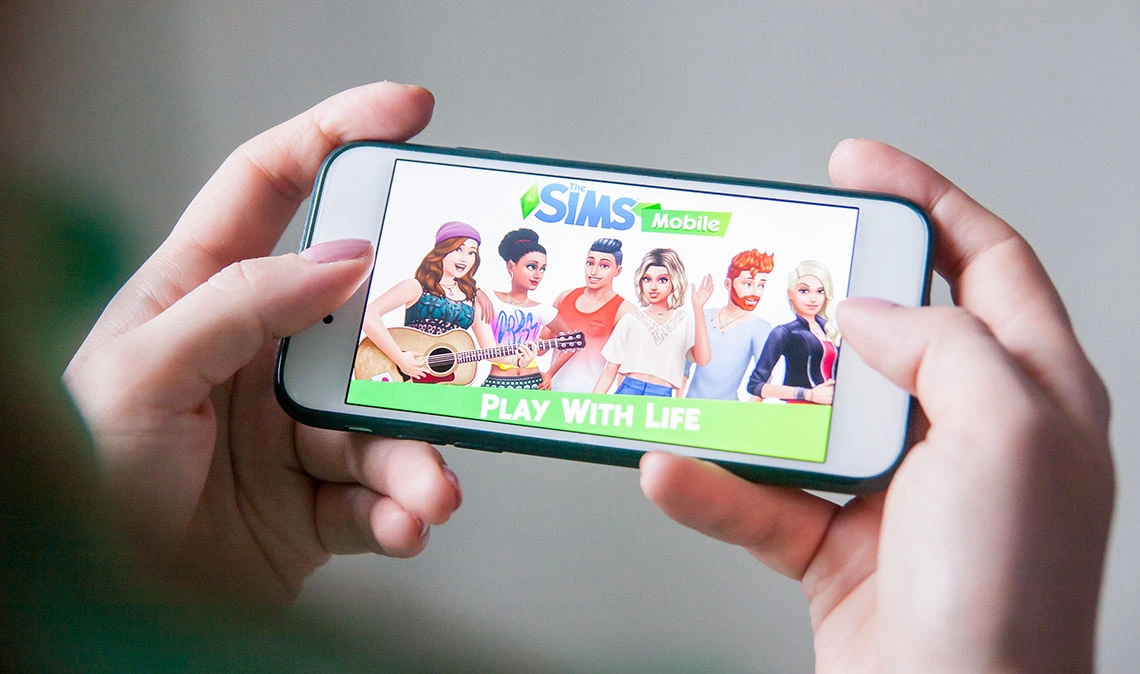What Role Do Avatars Have in Language Learning? InfoSci Affiliate Professor Jonathon Reinhardt Provides Insight for The Washington Post

The Sims game has helped real-life players learn language more effectively, according to a story in The Washington Post. Photo by Pvl, courtesy Adobe Stock.
"Gaming is a common way people pick up on language," says Jonathon Reinhardt in a recent a feature on how The Sims video game has helped game players change their lives in The Washington Post.

Jonathon Reinhardt, Professor of English and Second Language Acquisition.
Reinhardt, a College of Information Science affiliated professor of English and second language acquisition who researches how language is learned through video games, teaches courses relevant to the college's Games and Behavior and Game Design and Development bachelor's programs. Some of his courses use the popular life-simulation game The Sims, as well as other video games, to teach language.
According to the article, The Sims has helped numerous players bring their virtual creations to life, translating in-game experiences into real-world endeavors. The game's design—allowing users to build homes, pursue careers and form relationships through avatars called "Sims"—has evolved significantly over its 24-year history, boasting 88 million users in its latest edition.
For instance, Carolina Lima, who is originally from Brazil and now lives in Florida, used The Sims to improve her English when she received the game for her 11th birthday. "Lima was so excited to start playing, she never attempted to change the game’s default language from English to Portuguese," notes the article. "At the time, she spoke little English, but she soon began picking up context clues in the English instructions." Playing it for three years, the game helped in her English classes, and Lima now speaks English fluently.
Read the full article on The Washington Post website.
Reinhardt, who teaches both undergraduate and graduate courses, studies the relationship between technological change and the theory and practice of technology-enhanced second and foreign language pedagogy, especially with emergent technologies like social media and digital gaming. He was the recipient of a Fulbright Scholar Award to teach and collaborate at Leuphana University of Lüneburg, Germany on game-based language learning in 2023. He is the director of the Clarify Initiative, a curricular resource project to raise critical language awareness of how grammar is used in rhetoric, propaganda and disinformation, and currently serves as president of the Computer Assisted Language Instructional Consortium.
Learn more about the Bachelor of Arts in Games and Behavior and Bachelor of Science in Game Design and Development, or explore ways to support faculty research at the College of Information Science.

